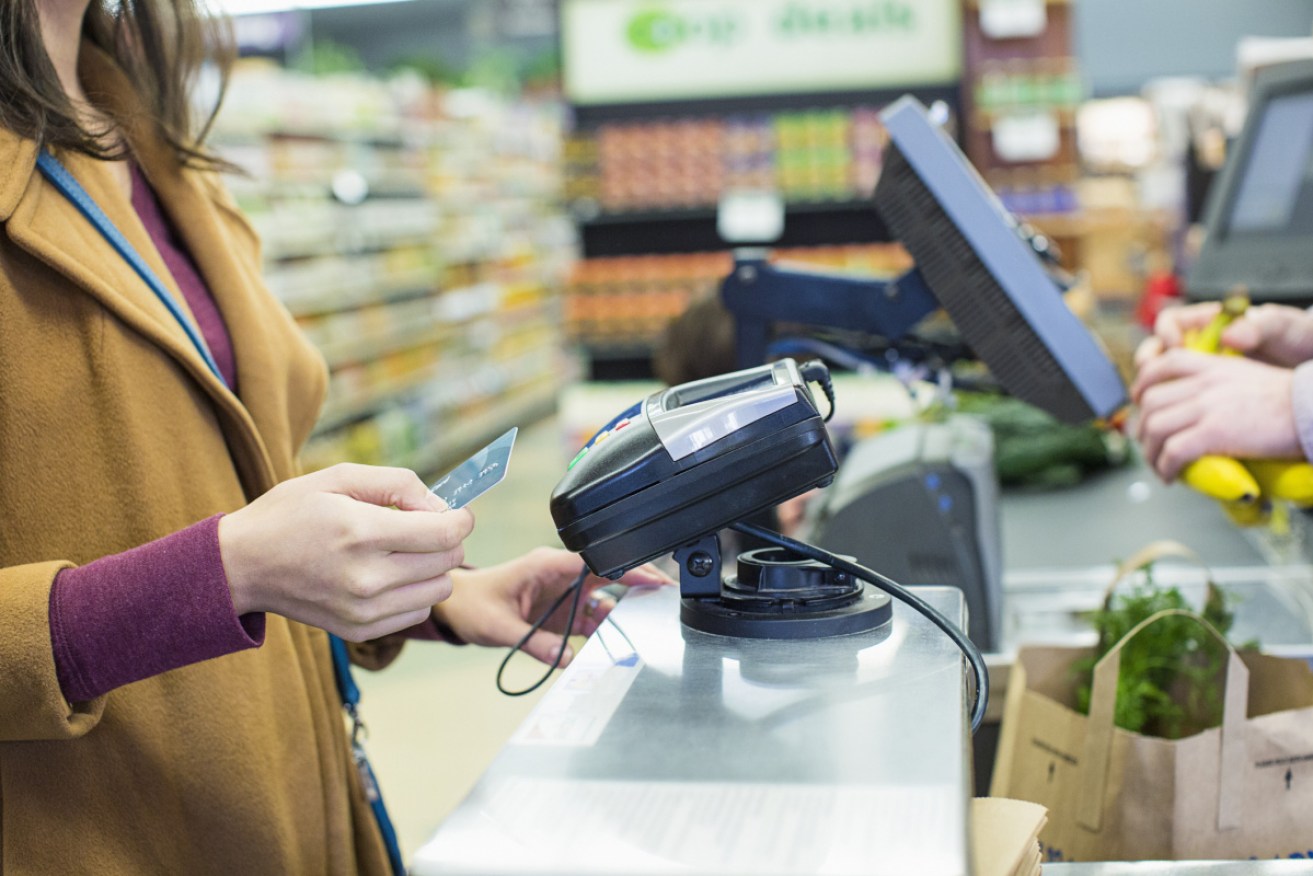From ‘points fatigue’ to targeted ads: The real cost of customer loyalty programs


Weak consumer spending is dragging down Australia's economic growth. Photo: Getty
Big retailers, not shoppers, are the real winners when it comes to customer loyalty and rewards programs, experts say.
Popular programs such as flybuys and Woolworths Rewards are enabling big companies to amass data and create a detailed profile of shoppers, Deakin University retail and marketing lecturer Michael Callaghan said.
Customer loyalty schemes are “vitally important” for businesses ranging from supermarkets to airlines, because they can “then start building customer profiles”, Dr Callaghan said.
“The reality is as competition increases, more and more having access to data about who your customers are becomes a strategic tool.”
This information is then used to target shoppers with highly-personalised advertising at specific times, and is often on-sold on to other companies – practices many consumers may be unaware of – Dr Callaghan said.
He pointed to the case of a high school student in the United States who was sent coupons for baby products by Target after the company used data to create a pregnancy-prediction model that allowed them to identify and market products directly to potential new mothers.
The girl’s irate father contacted the store to complain about the promotion, The New York Times reported.
“My daughter got this in the mail!” he said. “She’s still in high school, and you’re sending her coupons for baby clothes and cribs? Are you trying to encourage her to get pregnant?”
The father later learned his daughter was pregnant.
‘Points fatigue’: Why shoppers are ditching loyalty programs
Many shoppers are suffering from “points fatigue” thanks to lacklustre loyalty programs, Queensland University of Technology retail researcher Gary Mortimer said.
While loyalty programs once offered “value and a point of difference between retailers” they have now “permeated across the entire market”, he said.
“Most shoppers don’t know how many points they’ve got on their card at any given time and, of course, very few actually fully redeem all of those points,” Dr Mortimer said.
A recent report by Power Retail found that seven of the top 10 reasons shoppers declined to join, or stopped using, a rewards program related to the belief that it “takes too long to earn rewards”.
A fear of getting spammed by the retailer was the second most common reason for not joining.
Concerns over the security of personal information and “organisations tracking spending”, were also major deterrents.
Questionable value
For most consumers, the value of loyalty programs is “questionable”, Dr Callaghan said.
“We’ve seen a period where lots of consumers jumped on the loyalty bandwagon and had cards,” he said.
Many now make a “conscious decision” not to use them any more, he said.
Dr Callaghan said there were two groups of shoppers still participating in rewards programs.
“There are those that deny that the data has the potential to be misused, they think that people that suggest as much are slightly paranoid,” he said.
“Then there are those that don’t think about it at all because they consider purchasing habits not valuable for a company to tap into. Both are wrong.”
Instead, consumers should understand that “if it’s tagged with your email or phone number there will be some data company somewhere collating and possibly selling the data”, Dr Callaghan said.
“It is something that consumers seriously underestimate.”
In the online age, advertising is increasingly “tailored to our choices” and it’s “entirely likely” that a seemingly generic YouTube ad is “linked to data in Coles’ flybuys and is being given to you based on an algorithm and the time of day”, Dr Callaghan said.
He urged consumers to take into account the effect it might have on their privacy and make a “fully informed” decision before signing up to a rewards program.








